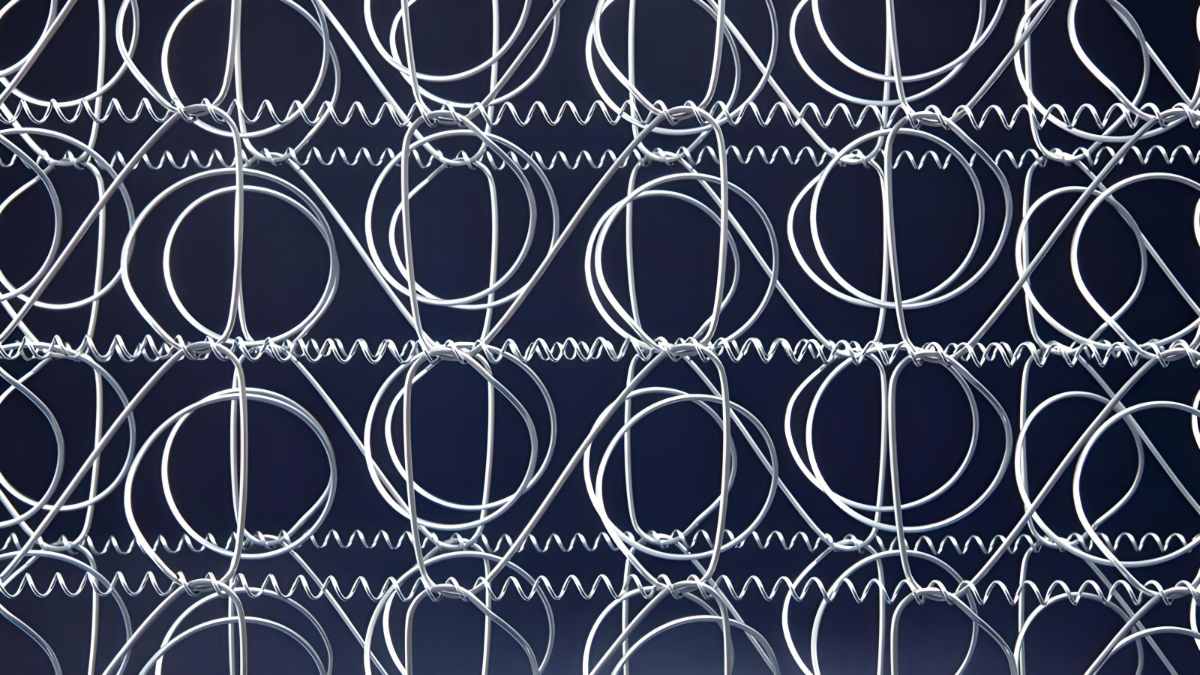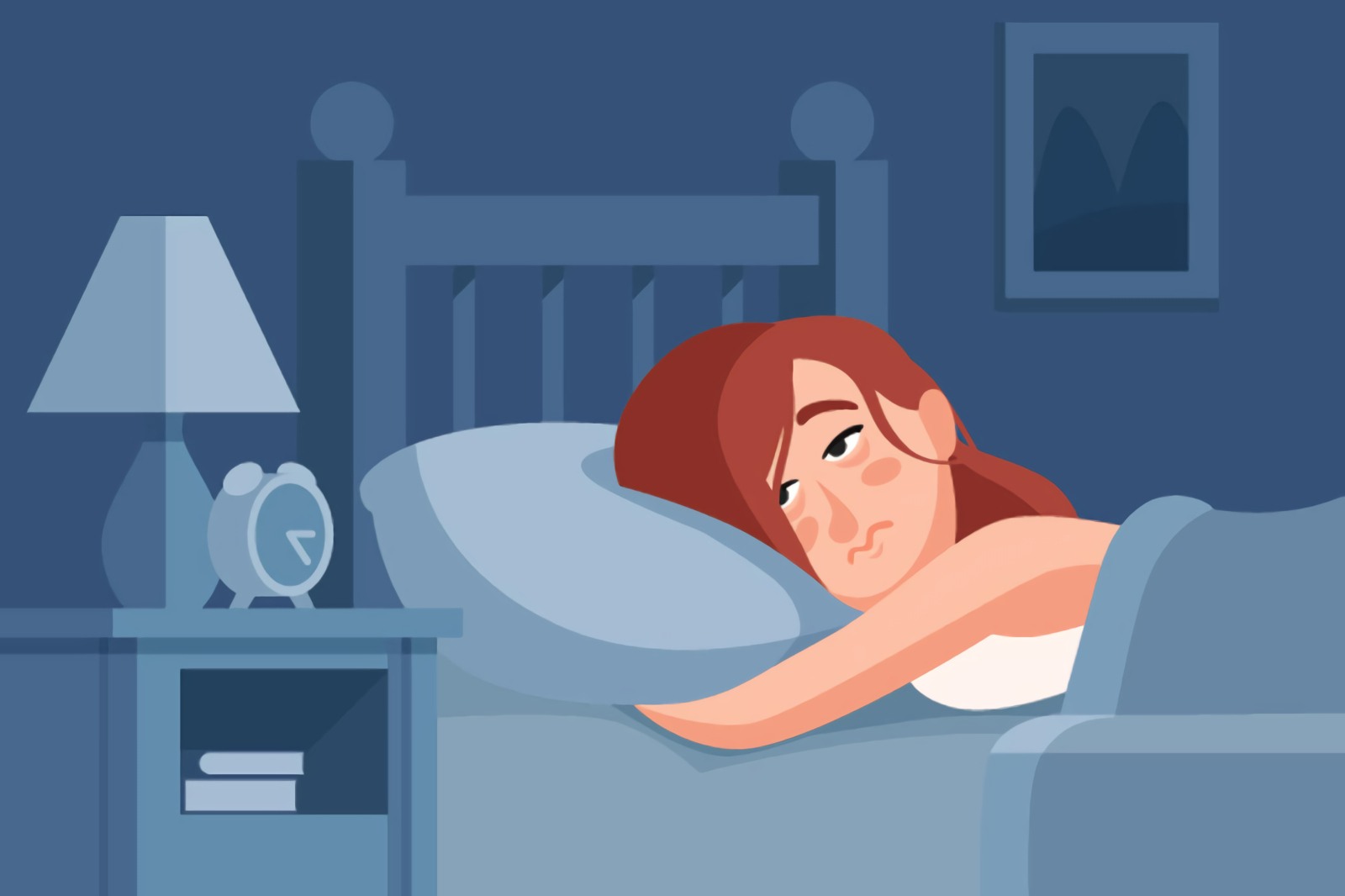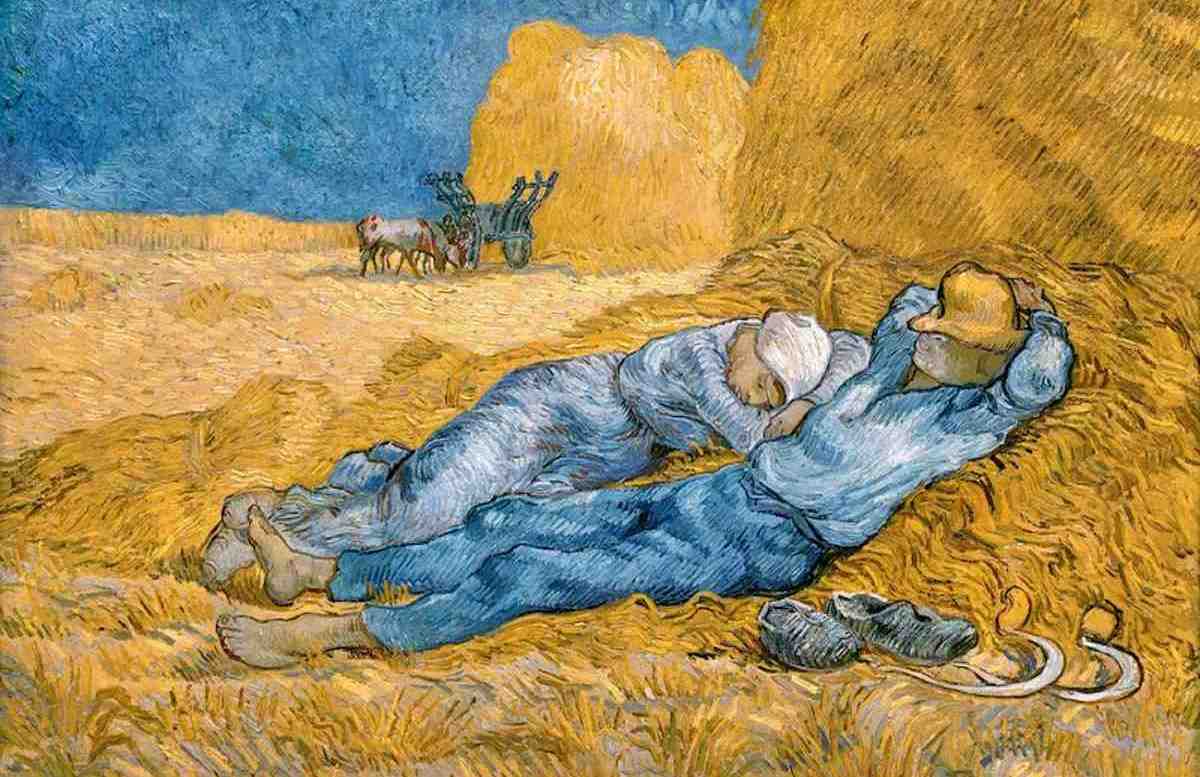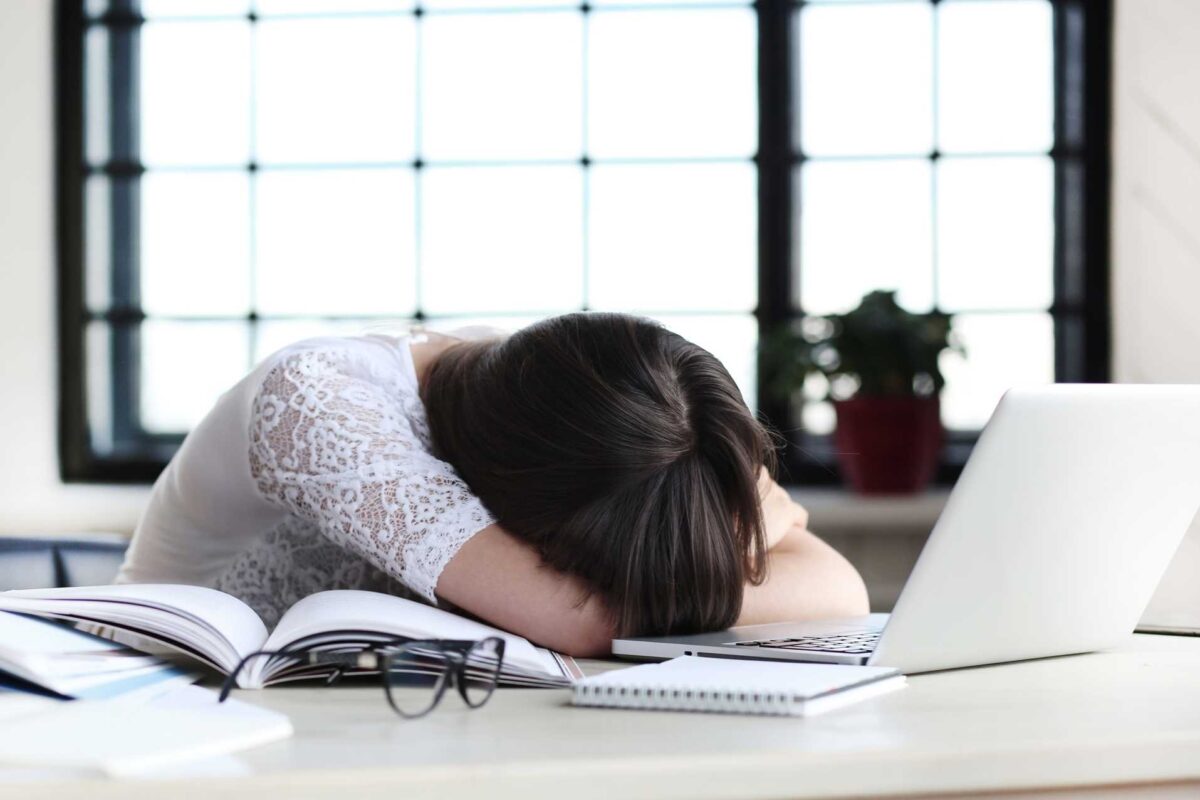Why do we get tired in the afternoon? Most of the time, we arrive at work in good physical shape. Because we are mentally and physically robust, even challenging labor is not a problem for us. However, after the lunch break is through, things often take on a quite different appearance. We are so full that on occasion, our eyes will shut during the team meeting. And we will find that we are unable to focus on the lengthy explanations that the manager is providing. But why do we hit a wall of exhaustion around lunchtime?
It is very common practice in many parts of the globe to sleep for a few hours in the afternoon. People are able to rest and replenish their energy levels as a result of this. On the other hand, taking a nap in the middle of the day is considered pretty rude in many other cultures. There are very few individuals who, particularly in their professional lives, have the chance to get enough sleep. Either there is a lack of time, a space with sufficient privacy, or just an absence of social acceptability inside the organization. It’s common for people to feel tired in the middle of the day.
The hands on the internal clock are moving
Many sleep researchers working in the modern era operate on the assumption that taking a nap during the middle of the day is beneficial and fulfills a natural need. This is due to the fact that our body’s internal clock naturally causes us to feel a little lethargic in the middle of the morning and early afternoon. Even the most knowledgeable scientists do not yet have a definitive answer to the question of why it is that humans feel the need to sleep.
However, in addition to our body’s internal clock, there are other logical variables that contribute to an increase in sleepiness, particularly around the time that we eat lunch. Lunch is one of the reasons. The digestion of a meal that contains a lot of carbohydrates involves a significant amount of energy expenditure by the body. After that, we don’t have the energy for cerebral exercise. One other possibility is that the body could be missing something essential, such as oxygen or movement.
Deep slumber or power napping
However, one thing that is abundantly obvious is the fact that giving in to exhaustion in a healthy way is extremely beneficial. A number of studies suggest that taking a nap in the middle of the day has a beneficial impact on the cardiovascular system. While others have seen an increase in both physical and mental fitness as a result of taking naps.
It is thus advisable to take a power nap in order to overcome the slump that occurs around the middle of the day. On the other hand, this does not imply that you should take a long sleep; rather, it refers to a brief time of relaxation lasting no more than 20 minutes. This would have a calming impact on us while also enhancing our performance.
It is essential that we do not enter a state of deep sleep. Since this makes it more difficult to awaken and causes the sleep phase to have a tendency to have an impact that is antagonistic to its intended purpose. A lengthy nap may also cause problems falling or staying asleep throughout the night.
When there are children involved, the scenario is substantially altered. They have a propensity to sleep more deeply and for a longer period of time during the noon hours. In point of fact, naps are very comparable to sleep that occurs throughout the night. Youngsters that get enough sleep are better able to integrate the information they have learned, and this contributes to emotional steadiness as well.
Getting back to the awake state
Even if you are unable to take a power nap at work, there are still a few things you can do to help your body transition back into an awake state. After all, environmental factors also play a role in the development of weariness. Proper ventilation is essential, particularly in enclosed spaces like workplaces, to ensure that there is sufficient oxygen in the air.
You may choose to consume meals that include more proteins as opposed to foods that are highly loaded in calories and fat. These are simpler to digest while providing the necessary amount of fuel. We may get back in shape by participating in sports or going for a brief stroll. Fresh air, physical activity, and sufficient sunlight—all of which contribute to our fitness and affect how often we get tired in the afternoon.






